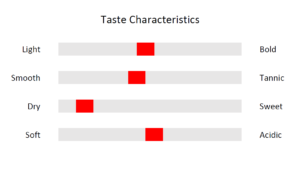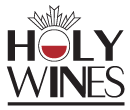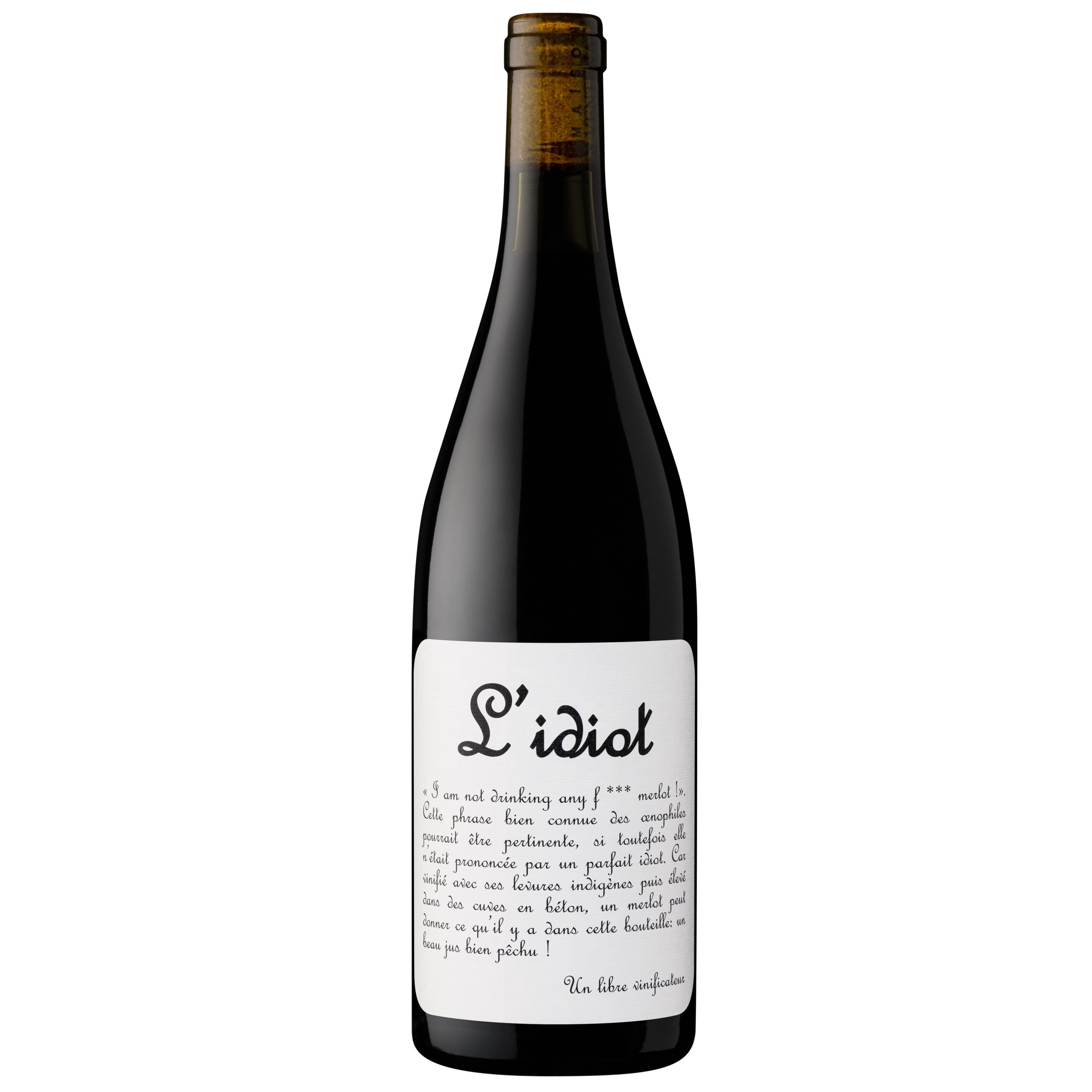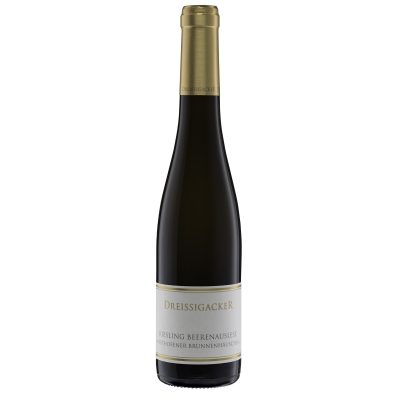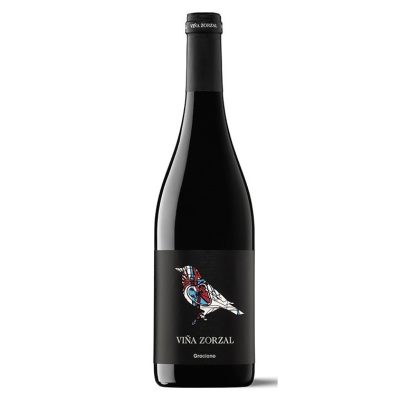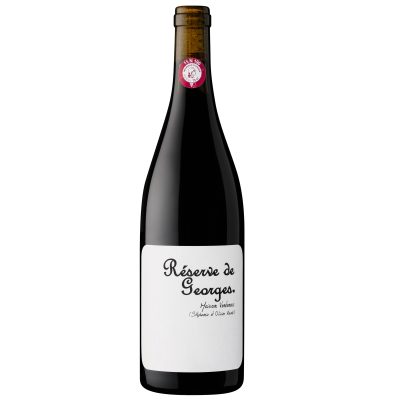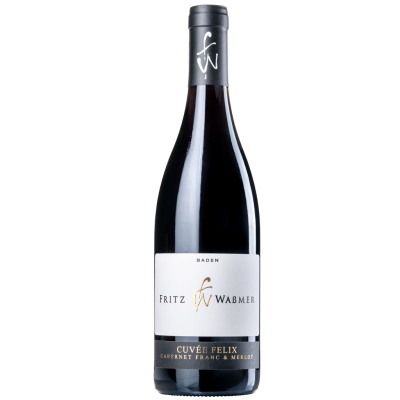Related products
You may also like…
Description
Wine
” “I am not drinking any fucking Merlot!” This familiar phrase among wine lovers might well be true… if it wasn’t spoken by a complete idiot. When Merlot grapes are vinified without sulfur, using native yeast, and then aged in concrete vats, Merlot can produce the sort of nice, feisty wine that is in this bottle!
A free winemaker”
A juicy, explosive, and unique wine! Fresh, intense, and mineral. The kind of wine that could change the image of merlot. Fresh and crunchy with grassy fruit and fine
tannins.
Region
Languedoc-Roussillon, is one of the largest and most diverse wine-producing regions in France. It is located in the southern part of the country, along the Mediterranean coast. It has a long history of viticulture and winemaking, and it’s known for producing a wide range of wine styles.
This region benefits from a Mediterranean climate, characterized by hot, dry summers and mild, wet winters. The diverse geography includes coastal plains, rolling hills, and mountainous areas, which create a variety of microclimates and soil types.
Cabardès
Cabardès is situated in the western part of the Languedoc-Roussillon region, not far from the city of Carcassonne. The vineyards are spread across the foothills of the Montagne Noire (Black Mountain) and benefit from a variety of microclimates due to the region’s diverse geography.
“Les Dissidents”
The term “Les Dissidents” is a term in French used to refer to the winemaker who opposes or dissent from the established norms, authority, or mainstream views within the Cabardès AOP. Les Dissidents challenge the status quo and the established rules and policies.
100% Merlot and declassified as Vin de France, this is part of the limited bottled ” Les Dissidents” range. Following a number of experiments, a whole instinctive range comprised of micro-cuvees and varietal wines, prohibited by the appellation, in truly exclusive, libertarian style with a choice of what the winemaker believe to be the best varieties of the soil, this unclassified range of French wine defies the institutions, their regulations and conventional wine.
Vinification
Yield of just 35 hectoliters per hectare with non sulfite fermentation with indigenous yeasts and bio-protection (by using non saccharomyces yeasts to avoid brettanomyces.) Post fermentation maceration for 10 days at 35 degrees Celsius, malolactic fermentation and aging for 3 months in concrete tanks.
Ideal serving temperature – 14°C.
